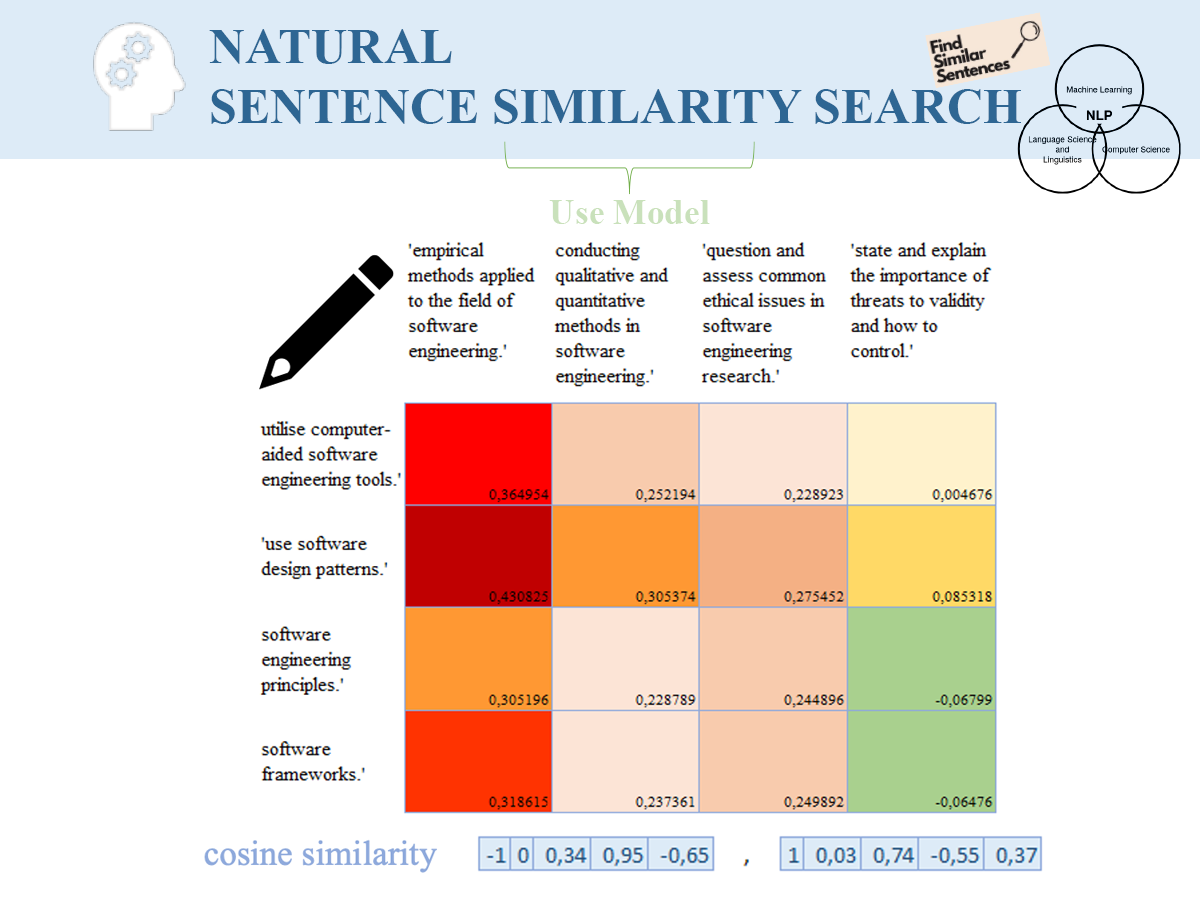M.S. Candidate: Gülşah Kargın Aslım
Program: Information Systems
Date: 16.01.2023 / 13:00
Place: B-116
Abstract: People require a greater and broader set of abilities to work, communicate, access information, products, and services, as well as to participate in social and civic activities in the world of today and future. In order to assist people in acquiring and updating skills throughout their lives as they transition between various types and degrees of education, between education and employment, and across national boundaries, a good understanding and valuation of the skills available are vital. The supply of skills and the needs of the labor market can better match each other in this way.
In particular, the search for the most appropriate and necessary hard/soft skills and competencies to keep up with the new developing technologies and competition is very important. For this reason, studies on the definition and classification of skills requirements are encountered today. In this context, one of the most important examples is the European Skills, Competences, Qualifications and Occupations framework, which has a multilingual structure. The objectives defined in ESCO are to describe the learning outcomes of the qualifications by using multilingual terminology, the adaptation of the programs according to feedback from the labor market, and work with academia closely. Although the importance of skills requirements is recognized in the industry, skills misalignment still exists, which poses an obstacle for people who want to specialize in a field after graduating from university to achieve operational excellence.
Therefore, this thesis aims to reveal skill mismatches in a field of specialization and to quantitatively show how well the selected graduate programs meet the requirements of these occupations by developing a methodology that uses Natural Language Processing (NLP) and shows up what skills are required for some of the occupations that are most relevant in the chosen field of specialization. The motivation of this thesis work is based on developing a methodology adaptable to all education levels, academic programs, and curriculums and can be applied to any domain for comparing the existing curriculum of the defined academic program with qualifications frameworks to produce measurable results for academia and business. In order to demonstrate the developed methodology, high performance computing has been selected as an example, skills have been identified and two graduate level programs have been evaluated.
